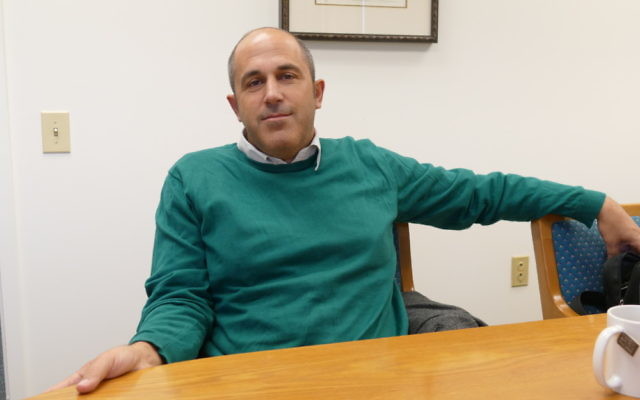Embassy Move Says ‘Game Over’
On June 1 new President Donald Trump will be required to make official a decision he repeatedly has said he has already made: whether to move the U.S. Embassy from Tel Aviv to Jerusalem.
A 1995 U.S. law requires the move but allows the president to sign a six-month waiver if he judges the delay to be in the interest of national security. Presidents Bill Clinton, George W. Bush and Barack Obama always signed the waiver, as Obama did again Dec. 1.
That waiver expires about a week before the 50th anniversary of the reunification of Jerusalem in the Six-Day War, and, like Clinton and Bush before him but with more vehemence, Trump has vowed to move the embassy.
“It’s a big deal, and I think he will do it,” Jerusalem City Council member Arieh King said Dec. 7 during a visit to Atlanta. “I can tell you that we’re excited. It sends a good message. It’s about time it will happen.”
He said the U.S. Embassy will be the first but not the last to make the move.
The concern is that placing the embassy in Jerusalem, even on ground on the western side of the 1949 armistice line, would enrage Arabs and spark violence among the Palestinians and perhaps across the region.
But King, who opposes the creation of a Palestinian state with East Jerusalem as its capital, said an embassy move would have a pacifying effect by telling the Arabs, “ ‘Game over. Stop thinking about things that you will never get, OK?’ And once the Arabs will understand that it is game over, they will stop playing. This is what we’re missing here. Because they think that they really can get something, they are doing all kinds of activities, including terrorist attacks.”
The next step, King said, would be a willingness among most Palestinians to accept that they live in Israel and to become full citizens. “I expect that will happen, not immediately and not everybody, but no doubt it will affect the more moderate people there and the more liberal people there. Not the people that are part of the radical Islam.”
His prediction conflicts with statements from Palestinian leaders and analysts and with the reporting of most newspeople in the region.
“I think it’s good also for the Muslims themselves,” King said. “It will calm down the flames between themselves. So we are waiting for that.”





comments